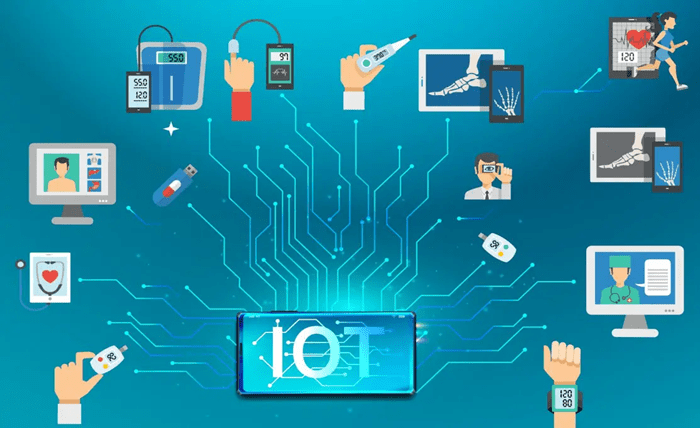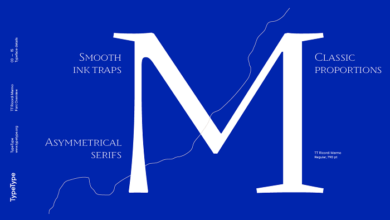
In the rapidly evolving world of modern medicine, healthcare IoT asset intelligence is emerging as a transformative force. By integrating Internet of Things (IoT) technology into healthcare asset management, organizations are unlocking unprecedented efficiency, accuracy, and patient care improvements. From tracking medical equipment to optimizing operational workflows, IoT-driven intelligence is reshaping how healthcare providers manage their resources.
What is Healthcare IoT Asset Intelligence?
Healthcare IoT asset intelligence refers to the smart use of connected devices and sensors to track, monitor, and manage healthcare assets in real-time. These assets include medical equipment, patient monitoring devices, and even critical supplies. By leveraging IoT technology, hospitals and clinics can ensure that their resources are always available, functioning properly, and utilized efficiently.
For example, IoT-enabled sensors on hospital beds can monitor occupancy rates, while RFID tags on medical devices can track their location and maintenance schedules. This level of intelligence helps reduce equipment downtime, prevent loss, and improve overall care delivery.
Benefits of IoT Asset Intelligence in Healthcare
1. Enhanced Equipment Utilization
IoT asset intelligence provides detailed insights into how medical equipment is being used. This data enables healthcare providers to identify underutilized devices, redistribute resources as needed, and make informed decisions about new purchases. For example, a hospital might discover that certain diagnostic tools are idle during peak hours and adjust their deployment accordingly.
2. Improved Patient Safety
When critical medical devices are out of service or misplaced, patient care can suffer. IoT-enabled asset tracking ensures that life-saving equipment like ventilators or defibrillators is always available and operational. Predictive maintenance, powered by IoT data, also reduces the risk of equipment failure during critical moments.
3. Streamlined Operations
Hospitals are complex ecosystems with countless moving parts. IoT asset intelligence helps streamline operations by automating routine tasks like inventory management and maintenance tracking. This frees up staff to focus on patient care rather than administrative burdens.
4. Cost Savings
Efficient asset management reduces waste and eliminates unnecessary expenses. IoT data can reveal patterns of misuse or overuse, helping organizations optimize their budgets. For instance, automated inventory tracking can prevent overstocking or understocking of essential supplies, reducing costs and ensuring readiness.
Real-World Applications of IoT Asset Intelligence in Healthcare
Smart Asset Tracking
Hospitals often struggle to keep track of mobile assets like wheelchairs, infusion pumps, and portable imaging devices. IoT-enabled tracking systems use GPS, RFID, and Bluetooth technologies to locate these assets in real-time, ensuring they’re always accessible when needed.
Predictive Maintenance
IoT sensors can monitor the condition of medical devices and predict when they’re likely to fail. This allows healthcare providers to schedule maintenance proactively, avoiding unexpected breakdowns and ensuring uninterrupted patient care.
Environmental Monitoring
Maintaining the right environmental conditions is critical for storing medications, vaccines, and other sensitive materials. IoT sensors can monitor temperature, humidity, and light exposure in storage areas, sending alerts if conditions fall outside acceptable ranges.
Workflow Optimization
By analyzing IoT data, hospitals can identify bottlenecks in workflows and implement changes to improve efficiency. For example, tracking patient flow through different departments can help optimize scheduling and reduce wait times.
Challenges in Implementing IoT Asset Intelligence
Despite its potential, adopting IoT asset intelligence in healthcare isn’t without challenges:
- Data Security and Privacy: Handling sensitive patient and operational data requires robust cybersecurity measures to prevent breaches.
- Integration with Legacy Systems: Many healthcare facilities use outdated systems that may not easily integrate with IoT technologies.
- High Initial Costs: While IoT solutions can lead to long-term savings, the upfront investment in hardware, software, and training can be significant.
- Regulatory Compliance: Healthcare IoT systems must adhere to strict regulations like HIPAA, adding complexity to implementation.
The Future of IoT Asset Intelligence in Healthcare
As IoT technology continues to evolve, its applications in healthcare are expected to expand even further. Advanced AI algorithms could analyze IoT data to provide actionable insights, while 5G connectivity will enable faster and more reliable communication between devices. The rise of wearable health devices and telemedicine platforms will also integrate seamlessly with IoT asset intelligence, creating a more connected and efficient healthcare ecosystem.
In the not-so-distant future, we could see autonomous hospitals where IoT and AI work together to manage everything from equipment to patient care with minimal human intervention. This level of automation and intelligence has the potential to revolutionize healthcare delivery as we know it.
Final Thoughts
Healthcare IoT asset intelligence is more than just a buzzword—it’s a game-changer for the industry. By harnessing the power of IoT, healthcare providers can enhance operational efficiency, improve patient safety, and reduce costs. While challenges remain, the benefits far outweigh the hurdles, making IoT asset intelligence an essential investment for the future of healthcare.
Whether you’re a healthcare provider or a technology enthusiast, it’s clear that IoT asset intelligence is here to stay, paving the way for smarter, more efficient healthcare systems.




